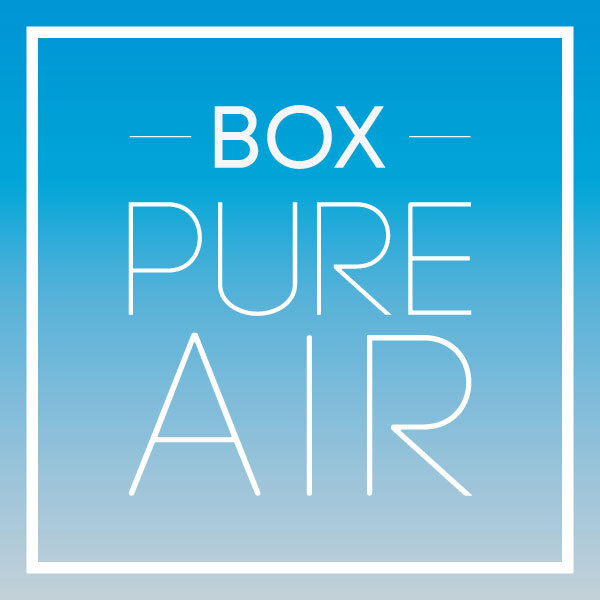As COVID-19 Fears Lessen, Indoor Air Quality Still Matters
The global coronavirus pandemic shifted much of the nation’s focus towards public health and the imminent dangers of airborne pathogens. Since the pandemic began, federal and state governments have sunk trillions of dollars into addressing COVID-19 and community spread. However, as those funds have started to wane and national priorities have changed again, a recent VOX article sought to address how we should continue to deal with current and future pandemics as part of overall public health. In questioning several health experts across the U.S., the publication found that many agreed on an important fact: improving indoor air quality through proper air filtration, ventilation, and purification, should help reduce the transmission of viruses and provide other wide-ranging benefits.
Health experts have emphasized that poor indoor air quality, contaminated with various pollutants, can factor into several health problems. In VOX’s article, physicians and scientists agreed that improving air quality in buildings is a long-lasting, necessary strategy for protecting and bettering public health–a fact imitated by several government initiatives, including funds from the American Rescue Plan and the Clean Air in Buildings Challenge. To deal with airborne pathogens and pollution, upgrading buildings to enhance indoor air is viable but costly. It’s estimated that overhauling buildings to deal with COVID-19, among other harmful particulates, might even outpace spending on other possible tactics. But, professionals agree that better indoor air quality, achieved through efficient technologies, will be a worthwhile investment due to energy savings, improved cognitive function, and general health. Also, smaller options like air purifiers could help mitigate costs and improve indoor air quality individually.
While immunity to COVID-19 grows and fears abate, VOX’s experts still warn that we should all focus on developing public health strategies to outlast the pandemic. Beyond reducing transmission, acting on indoor air quality could lead to better health, better cognitive performance, and better profitability for all. We shouldn’t choose between what matters now and what may matter in the future regarding public health. We should create plans and proposals that work to address both, something that improving indoor air quality helps us do.
